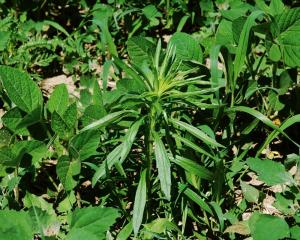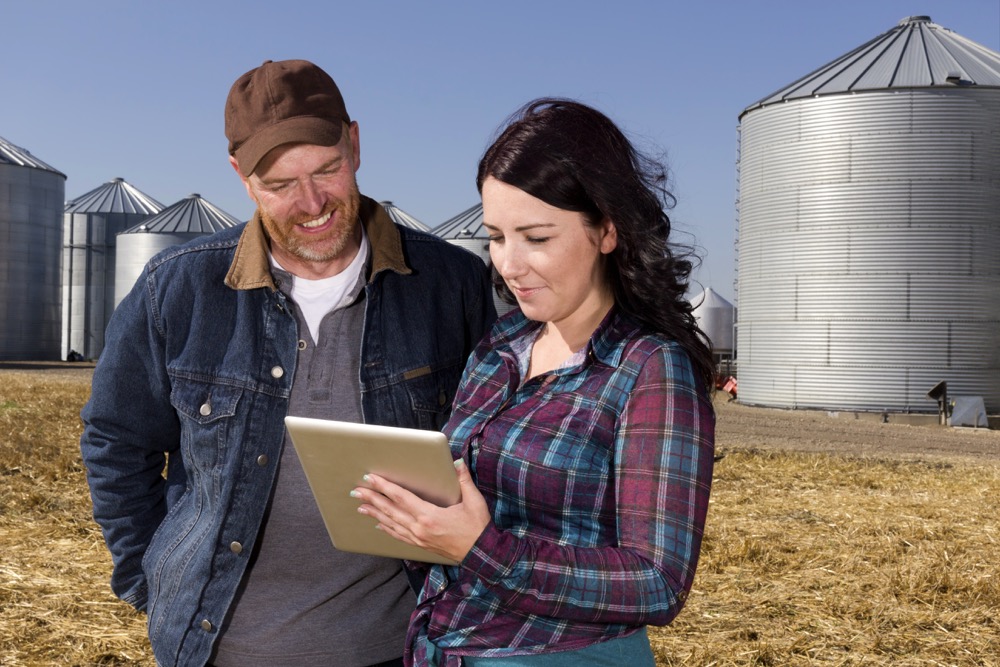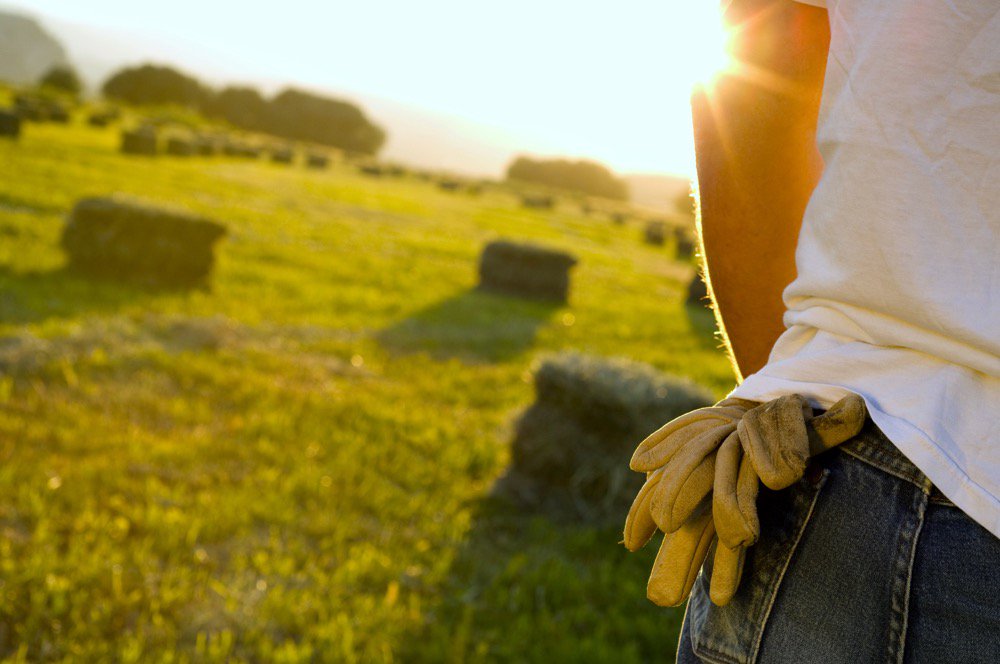How do you define success?

What is success? How do we define it? How can we achieve it? Personally, my definition of success has mainly to do with becoming the best person you can be. I believe we all have a contribution to make on Earth, and we should use our talent to improve the world around us. .
I also believe that success is a journey. You don’t wake up one morning and say, “Wow! I’m successful now.”
But that’s just my definition. What is yours?
Almost all my life, I have lived on a farm. As the daughter, sister and spouse of farmers, I am very attached to the land and nature. But as a coach and psychologist, my purpose is to help my clients be more successful.
The first question to ask is, “Why do I pursue success?” Why do you want to become famous or buy a bigger car, more land, or a huge house? Yes, it’s because we want to be happy. But we should look at the way we pursue happiness and ask ourselves if those things are really working for us.
For many people, success means money, prestige and beauty. However, the pursuit of those extrinsic values or “success symbols” is associated with anxiety and depression. What if I don’t get appointed to that board, or if I lose my beauty, or if I have to sell the cottage?
We should ask these questions because the pursuit of intrinsic values such as personal growth, autonomy, competence, relationships, morality and ethics really are correlated with well-being. So, success and happiness are all about those intrinsic values.
Sometimes we should pause and look at what we can do to reap success more abundantly. I’ve found seven laws apply to success in life.
Law 1: Vision

Just as farmers need to know what they want to harvest in order to prepare the field, we need a vision for success. What do you want to harvest? What does success look like?
Law 2: Knowledge

Farmers have to know their soil and their environment. You cannot plant just any seed. You have to plant what is right for your land. Farmers increase the probability of an abundant crop if they know their soil and climate, and if they work in harmony with them.
Know yourself and your environment. Focus on your natural talents and be honest about weaknesses. Also consider those around you. Know your people’s needs too.
Law 3: Planning

Farmers must plan ahead of time — where, when, how. They have to evaluate the resources they’ll need.
It is the same with success. You need a plan to achieve your goals. What are the resources you need in order to be successful?
Law 4: Preparation and maintenance

Farmers have to prepare the equipment and maintain it all year long so that everything is in shape when they need to use the equipment. They also have to prepare the land for the seed.
How do you prepare yourself for success? What do you need to maintain your body and your brain?
Law 5: Fertilization

Farmers have to know what kind of fertilizer will assure the most growth and be good for the soil. If they push too hard, they could have a wonderful harvest for one year but jeopardize the harvest in the future by depleting the soil. Similarly, we can overwork ourselves and burn out. Good farmers know the best management practices to protect against pollution while maintaining a fertile soil in the long term.
How do you nourish yourself and others around you? How do you know if you are pushing yourself or your employees too hard? How do you fertilize your relationships? How do you achieve work-life balance?
Law 6: Obstacles

Farmers have to walk their fields and manage the obstacles they find. Weeds or pests can threaten the harvest. Controlling them with the right products in the right dose is essential. Farmers often seek help from the experts in order to deal with the unknown.
Consider your goals and the obstacles you will encounter along the way. You will have to stop, reflect, and ask for help and support. Challenges are part of life. We have to deal with them rather than avoiding or denying them. Don’t hesitate to ask for help.
Law 7: Evaluate and celebrate!

Many times throughout the season, farmers will walk their field. They will savour the experience, contemplate their options, evaluate how things are going, and make adjustments for the next season based on what they learn from the land.
You have to evaluate how you are doing along the road and adjust your course accordingly.
For many generations, farmers used to celebrate after the hardest period of work, when the harvest was finished.
Celebrate steps along the road to success with the people who help and support you.
When we take the time to look and learn from nature, we find it has a lot to teach us.












